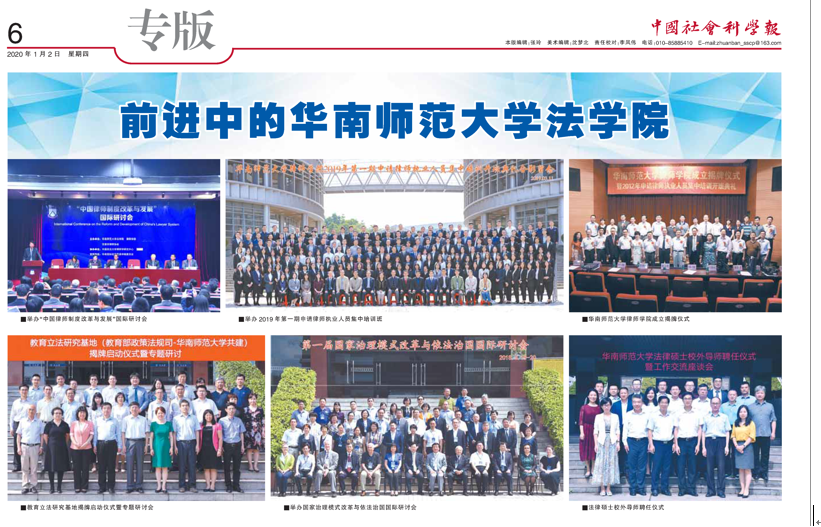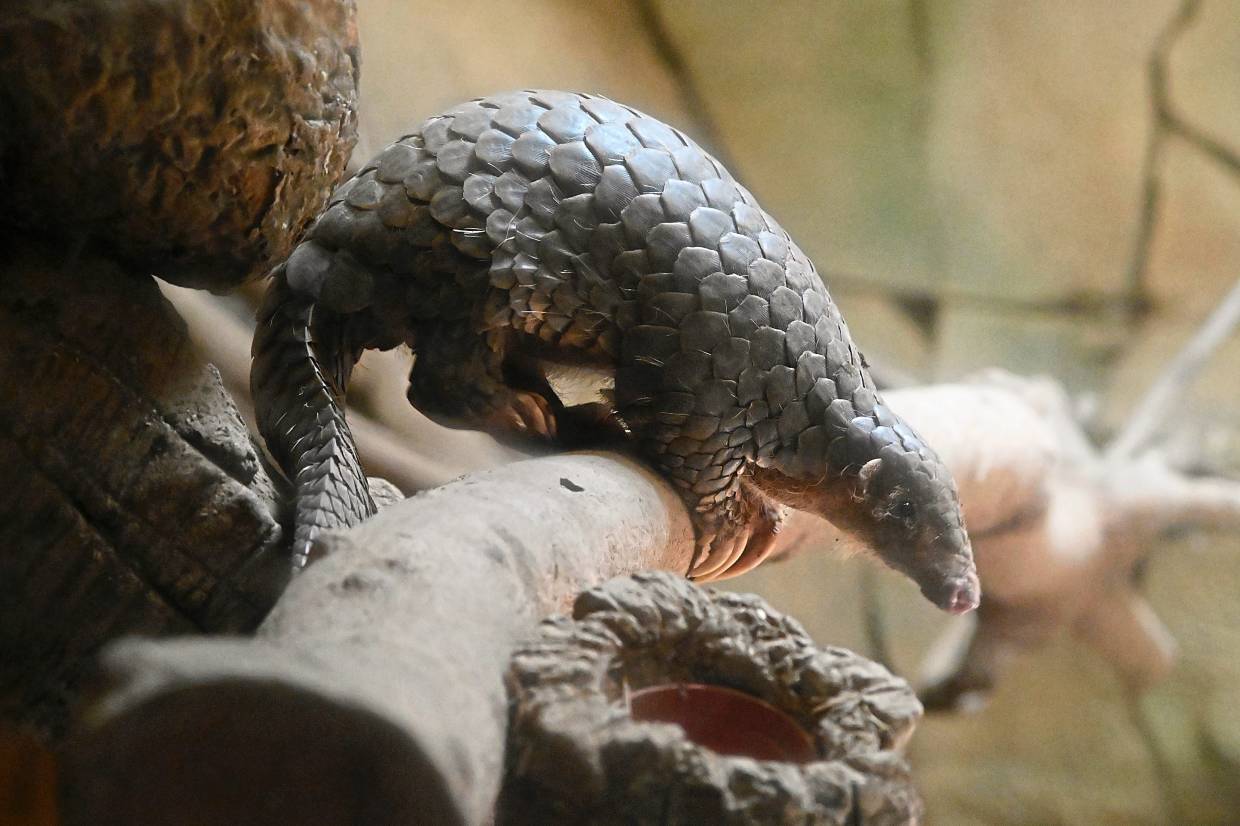
Likes
People who see themselves as attractive are more likely to act selfishly, even at the expense of others, new research has found.
Researchers from South China Normal University surveyed more than 1,300 individuals to evaluate how good-looking they thought they were, as well as their levels of entitlement and selfishness.
Those who rated their looks more highly were found to be more likely to act in their own interest and feel more entitled to special treatment.
The authors wrote: 'Our research suggests that instead of showing reciprocity by treating others nicely, attractive people tend to take those treatments for granted and believe that they are entitled to more.
'Avoiding these biases could be a fundamental solution to reducing self-interested behaviour among attractive individuals'.
Many studies have shown that fitting the beauty standard enhances people's perception of you.
Attractive people are viewed as more intelligent, confident and trustworthy, in what has been deemed 'pretty privilege'.
For their study, published in Evolution and Human Behavior, the researchers wanted to find out whether being attractive can influence one's behaviour.
They wrote: 'According to the self-fulfilling nature of 'what is beautiful is good' from social psychology, attractive individuals should internalise the positive stereotypes from perceivers and eventually develop positive behaviour as others expected, acting in a nice and selfless manner.
'In contrast, the evolutionary perspective of attractiveness predicts that attractive individuals would act selfishly because of a sense of entitlement derived from their evolutionary advantage and bargaining power.'

The self-interested behaviour in the private and the public conditions as a function of attractiveness (high vs. control) in the fifth study.
The researchers recruited 1,174 American individuals from the Amazon Mechanical Turk (MTurk) work-distribution website as well as 129 Chinese undergraduates.
They were asked to take part in five separate studies, where the first asked them to self-evaluate their attractiveness, entitlement and self-interest.
For the four subsequent studies, these same three evaluations were also completed along with another task.
In the second study, the participants were also asked to divide raffle tickets between themselves and a colleague, to see if they demonstrate selfish behaviour.
For the third study, participants who reported an above-average sense of entitlement had to justify why they deserve the best in life and respect from others.
The fourth study asked participants to either write about a situation where they found themselves attractive, or about a time they visited the supermarket.
This was to manipulate how attractive they saw themselves, and see if it resulted in them acting more selfishly.
The final study manipulated the participants' self-perceived attractiveness again by showing participants images of unattractive faces but telling them they are average-looking.
They were then asked to play the 'Dictator Game', where a participant (the dictator) receives an endowment and then decides to what extent they want to split this it with another anonymous participant (the recipient).
The participants were told whether their decisions would remain anonymous, the 'private' condition, or seen by other players in the 'public' condition.
After analysing the data collected in these five studies, the researchers found that those who perceived themselves as more attractive had a raised sense of entitlement.
These individuals also acted more selfishly in the tasks, which is thought to be a result of their entitlement.
Participants who felt they were more attractive as a result of experimental manipulations also demonstrated increased selfishness and entitlement.
It was concluded that attractive people tend to take their 'pretty privilege' for granted, and act selfishly rather than reciprocating the kindness they receive.
However, it is still possible that the good-looking people will internalise the assumptions others make that they are 'likeable and warm', and reflect them.
The authors wrote: 'Overall, these findings support a model wherein physical attractiveness influences self-interested behaviour – especially decisions made in private.'
What to read next:










